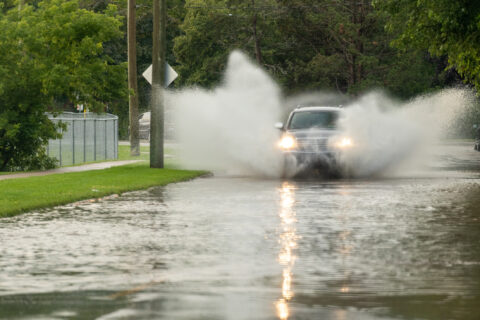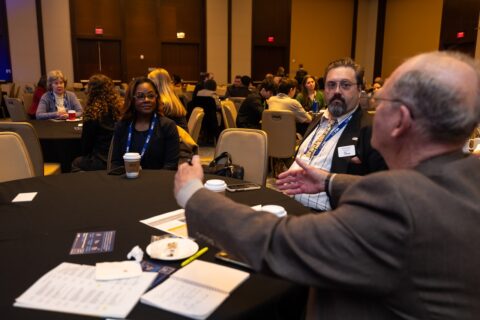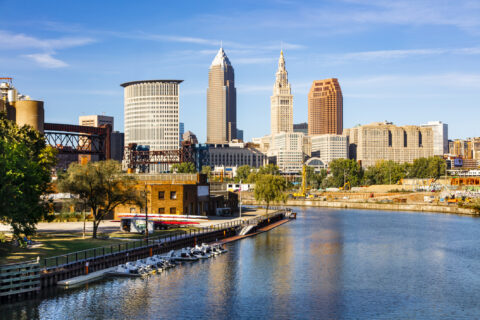Local leaders play key roles in supporting American democracy. As their roles are public facing, local elected officials and municipal employees act as residents’ primary connection to their government. This public responsibility can lead to heightened interest in their work, creating opportunities for both support and disagreement. While individuals have free speech rights, when criticism turns to harassment and threats of violence, it can cause physical and psychological harm to public servants and their families, ultimately preventing good leaders from seeking public office.
Threats to local elected officials have implications beyond personal safety. Research from the UC Davis Violence Prevention Research Program found that more than two-thirds (67.2%) of survey respondents “perceived that there is a serious threat to US democracy.” Rising political violence may be part of that perceived threat. According to the Mayors Innovation Project, threats against local officials are also threats “to democracy, [by] threatening to deter individuals from campaigning, serving in office, and seeking subsequent terms… [they are] threatening to deter progress in increasing representation across race, gender, and sexual orientation in elected office.”
What the data shows
Threats over the last two years have grown significantly, with 240 reported events across 40+ states in 2024. This increase is 15 percent above 2023 rates and 60 percent higher than the same period in 2022.
Eighty-one percent of elected officials responding to a 2021 NLC survey reported experiencing harassment, threats and violence, and 87 percent reported noticing a change in the levels of harassment, threats and violence during their time in office. Additionally, racially motivated threats and harassment are reported at higher rates than other types of threats and harassment.
The causes of political violence
In 2023, CNN analyzed 10 years’ worth of federal criminal cases on violence towards public officials and found that many threats appear to be politically motivated. NLC’s 2021 On the Frontlines of Today’s Cities report detailed three root causes for the decline in civility and growth of harassment, threats and violence against public officials, including:
- Polarization
- Pushback against inclusive political participation
- Spread of mis- and disinformation online (social media, information sources, growth of harmful platforms, and limited regulation of inaccurate information)
Research from the US Surgeon General has warned about an epidemic of loneliness that impacts social and democratic health in addition to personal and physical health. Social isolation has also been identified as a risk factor for political radicalization and violence in youth. Robert Putnam, a scholar on social connection, has connected the rise in social isolation with growing political polarization. Social connectedness across communities leads to higher levels of trust in others, and in the government.
According to Putnam, the act of democracy goes beyond voting—it involves engaging with members of your community—through social groups, in shared public spaces, and more.
Considerations for turning down the temperature
Building Social Infrastructure
Leaders at the local level can play an important role in building social capital to combat the complex problem of rising loneliness. Strengthening social infrastructure in local communities is one strategy to advance social connection, as identified by the Surgeon General’s report. Social infrastructure includes the physical elements of a community, like libraries, parks, green spaces and playgrounds, that facilitate social connection. Communities can invest in these shared public spaces, helping to bring people together.
Improving Civil Discourse
Local elected officials can take steps to improve civil discourse in their communities. As community leaders, they play a role in modeling civil discourse that is respectful and avoids offensive or violent rhetoric. City governments can also be mediators in the community by working strategically with community groups to facilitate difficult conversations. Municipalities can develop a code of conduct outlining what is deemed to be permissible and appropriate behavior by officials and constituents during public city meetings and events, emphasizing specific rules and norms for everyone.
Stay Tuned
NLC is currently conducting a survey on the harassment and threats of violence experienced by local officials. Results will be available in early Fall 2024.
Click “Learn More” to get more information on threats and harassment facing local elected officials, and what cities can do to combat it.












